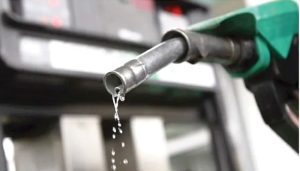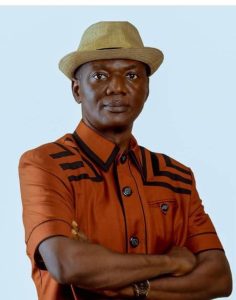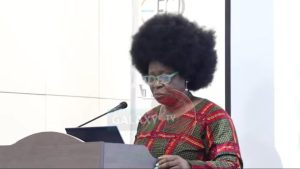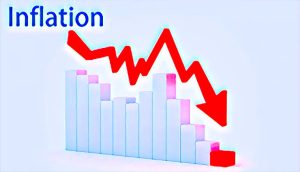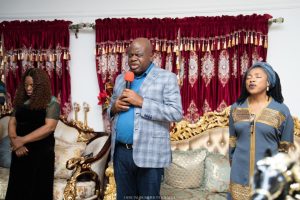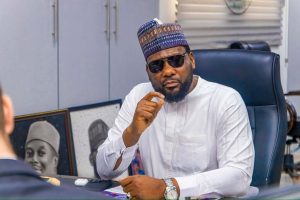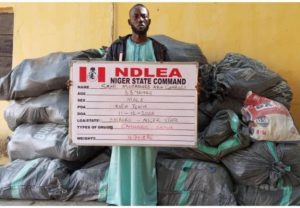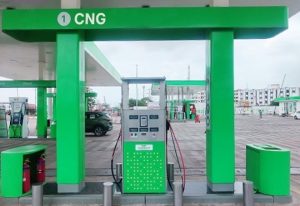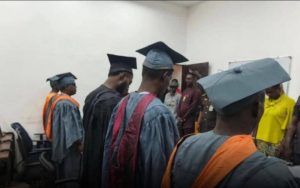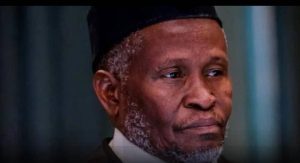By Damilare Adeleye
The Minister of Power, Adebayo Adelabu, has hinted that more than 40% of Nigerians currently receive up to 20 hours of electricity daily.

In a statement released by his media aide, Bolaji Tunji, the minister attributed this improvement to key measures implemented by the government to enhance the stability and regularity of power supply across the nation.
Recall that in April, the federal government, through the Nigerian Electricity Regulatory Commission (NERC), removed electricity subsidies for about two million customers in Band A, with the promise of delivering at least 20 hours of daily electricity to these consumers.
According to NERC’s August data, Nigeria generated an average of 4,150 megawatts of power for a population exceeding 200 million.
Adelabu credited the progress to the support of President Bola Ahmed Tinubu, aligning it with the president’s “Renewed Hope” agenda aimed at boosting the nation’s economy.
Reflecting on his first year in office during activities marking Nigeria’s Independence Day, Adelabu noted that the improved power supply was a result of decisive and strategic actions taken by his ministry.
“This success is the outcome of several transformative steps taken by the Ministry of Power, with the backing of President Tinubu,” Adelabu stated.
He further emphasized that the president’s vision for Nigeria is deeply rooted in the belief that consistent and reliable electricity is key to the country’s industrialization and economic growth.A notable accomplishment of the ministry, according to Adelabu, is the generation of over 5,500 megawatts of electricity—a target they are set to surpass by the end of the year.
He reiterated that improving power supply remains a core commitment of President Tinubu’s administration.
“The first thing they got right was to achieve reliable, functional, and affordable electricity, especially for their industries, businesses, institutions, and households.
“This is why you see great economies like Korea, China, Europe, and North America industrialized today. Their stability in electricity supply has been instrumental to their economic growth and industrial development.
“That’s why we say that we must achieve this for Nigeria as a country. We need to achieve the requisite economic growth and industrial development. Our dear president, President Bola Ahmed Tinubu, included this in the Renewed Hope Agenda as a major electoral policy for Nigerians.‘’In his New Year speech on the 1st of January, 2024, he emphasized the need for the country to have stable, functional, and reliable electricity to drive other critical sectors. This is the only way we can achieve the required economic growth and industrial development. None of the critical sectors can function optimally without electricity stability and functionality.
“Therefore, our vision is to ensure that we provide households, businesses, and institutions (educational and health institutions as well as industries) with stable electricity supply. This will enable them to power their activities, improve their capacity, and create more jobs.“In a country like South Korea, industrial giants like Samsung, Hyundai, and LG didn’t just become global giants overnight. They were supported by the government through the provision of stable and reliable electricity for their operations. This is the vision we have for Nigeria.
‘’At the end of the day, a large proportion of our population will be electrified, industries will enjoy stable electricity, and this will increase production and create employment for our people.
“This administration was inaugurated on May 29, 2023. However, ministers were appointed on August 21, 2023. We are just a bit over a year old in office.
“Upon resumption, we had an installed generation capacity of 13,000 megawatts, but we were only producing, transmitting, and distributing about 4,000 megawatts of power to the entire country.
“This was quite low and unacceptable given our population and level of economic activities. Therefore, we were determined to improve the situation.
“At that time, there was an epileptic supply. Almost all customers, both residential and commercial, could not be guaranteed 12-15 hours of supply. Additionally, the adoption of renewable energy was skeletal in terms of solar or wind sources of energy.
“Between then and now, which is about a year, there has been significant improvement. Today, our installed capacity is over 14,000 megawatts of power due to the addition of the newly commissioned Zungeru hydroelectric power plant and improved capacity of some of the existing power plants,” the minister said.






